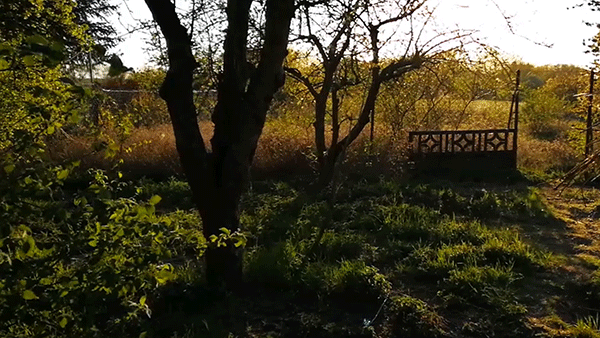
Melancholy and indifference 2
The historical
development of the territory shows that
territory today is to be understood as a
political technology.
Stuart Elden
writes this in his book published 2012
with the title: The Birth of Territory.
But already in the 1950s, Jean Gottmann described in his book La politique des États et leur géographie that the state cannot be understood without its spatial definition, its national territory.
But a whole range of our modern concepts of the political were also shaped in the Middle Ages.
Because only in the Middle Ages the Greek traditions (especially Aristotle) were translated into Latin. However, this "appropriation of ancient politicalthought in the Middle Ages" was used as a reformulation of the legitimation of one's own rule and thus to distinguish it from other political rulers, especially the church. Aristotle was only gradually translated into Latin, very early especially the writings on logic.
The political writings, on the other hand - including politics, ethics and rhetoric - were only translated into Latin in the thirteenth and fourteenth centuries. A reflection on the state thus always requires the problematisation of its spatiality, i.e. its national territory.
Jurisdiction
So what is jurisdiction?
It
extends over the territory. What is
territory? A place where jurisdiction is
exercised.
Later Gottfried Wilhelm
Leibniz, one of the masterminds of the
Enlightenment and the last universal
scholar, will write about territory and
sovereignty: "The sovereign is the one
who is master over a territory. Leibniz
thus lays claim to the first real
definition of sovereignty. In his
understanding, sovereignty is exercised
over a territory.
This is only a rough summary of
Stuart Elden`s The Birth of territory.
Here you will find his original
/ pdf:
https://www.academia.edu/7853684/Stuart_Elden_The_Birth_of_Territory
